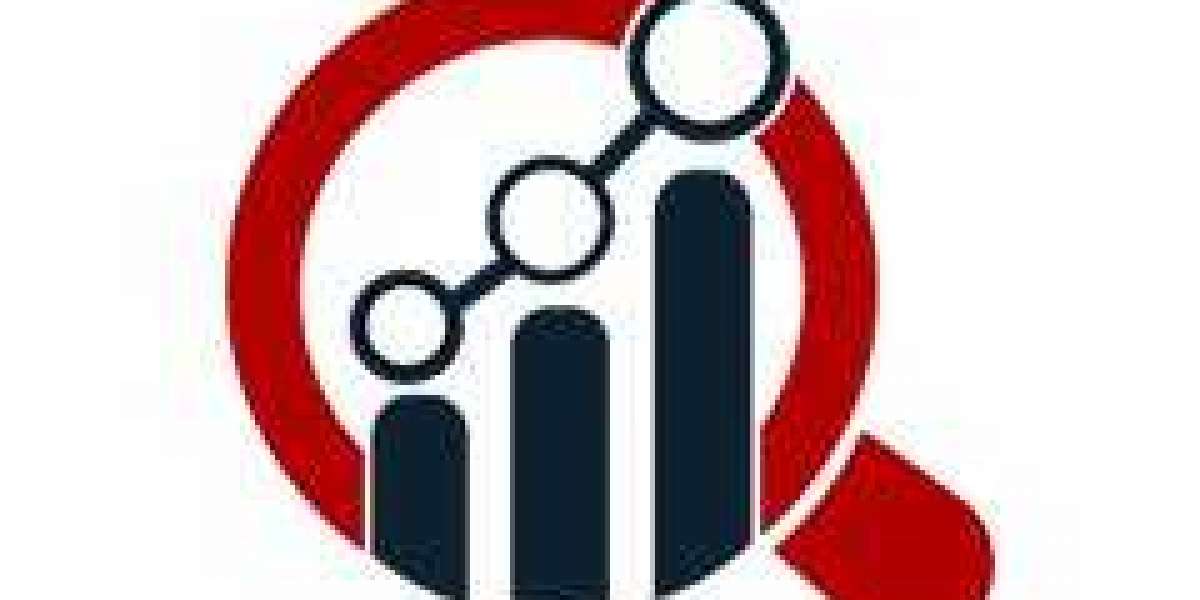Japan’s Healthcare Industry Sees Surge in Regulatory Affairs Outsourcing
Japanese pharmaceutical and medical device companies are increasingly outsourcing regulatory affairs functions as part of a strategic shift to accelerate product approvals and optimize compliance workflows. As international standards evolve and Japan’s government supports global harmonization, contract research organizations (CROs) and specialized consulting firms are expanding their roles in navigating regulatory complexities.
The move is driven by Japan’s simultaneous expansion of local innovation and push to streamline foreign-entry processes. With amendments to Japan’s Pharmaceutical and Medical Devices Act (PMD Act), companies face rigorous new demands—covering clinical trial data, post-market surveillance, and digital health regulations. As a result, many firms are partnering with outsourcing firms to ensure up-to-date expertise without inflating internal headcount or training costs.
This trend marks a shift from traditional in-house regulatory teams to flexible, project-based collaborations. Outsource partners now manage critical filing activities, such as applications to the Pharmaceuticals and Medical Devices Agency (PMDA) and pre-submission meetings, while also leading global dossiers for ICH and EMA alignment.
CROs competing in the Japanese market are emphasizing bilingual regulatory specialists and AI-driven document reviews to reduce turnaround times and minimize errors. Companies like Parexel, ICON, and Parexel Japan are building local offices staffed by experts in Japanese regulatory conventions, offering full-service solutions that range from GMP compliance to real-world data management.
The economic rationale is clear: outsourcing reduces long-term costs while enhancing compliance through specialized knowledge. Japanese firms invested in advanced cell and gene therapies, AI-enabled diagnostics, and digital health tools—which fall under new regulatory frameworks—are leveraging external partners to stay agile and globally competitive.
While outsourcing is gaining momentum in Japan’s pharma and medtech sectors, domestic regulations now also require increased transparency in post-market activities. Experts say that successful outsourcing hinges on seamless knowledge transfer and integrated collaboration—meaning that CROs and consultants must co-locate teams, align on quality expectations, and maintain regulatory intelligence pipelines.
Analysts suggest that in the coming years, the outsourcing market could double in size. Reduced regulatory bottlenecks could shave months off approval cycles, enabling faster rollout of life-saving innovations. With healthcare transformation underway, Japan’s regulatory affairs outsourcing sector is shaping up to be both a cost-saving measure and a strategic cornerstone for global market access.








